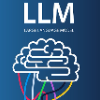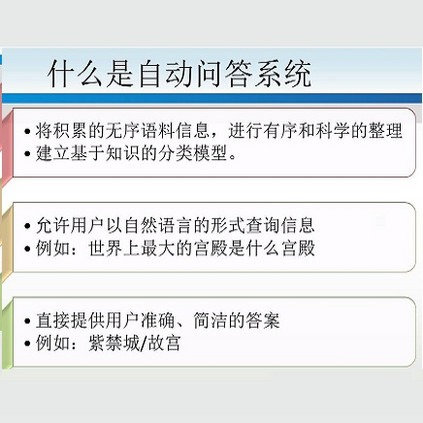Large language models (LLMs) are highly effective in various natural language processing (NLP) tasks. However, they are susceptible to producing unreliable conjectures in ambiguous contexts called hallucination. This paper presents a new method for evaluating LLM hallucination in Question Answering (QA) based on the unanswerable math word problem (MWP). To support this approach, we innovatively develop a dataset called Unanswerable Math Word Problem (UMWP) which comprises 5200 questions across five categories. We developed an evaluation methodology combining text similarity and mathematical expression detection to determine whether LLM considers the question unanswerable. The results of extensive experiments conducted on 31 LLMs, including GPT-3, InstructGPT, LLaMA, and Claude, demonstrate that in-context learning and reinforcement learning with human feedback (RLHF) training significantly enhance the model's ability to avoid hallucination. We show that utilizing MWP is a reliable and effective approach to assess hallucination. Our code and data are available at https://github.com/Yuki-Asuuna/UMWP.
翻译:暂无翻译




